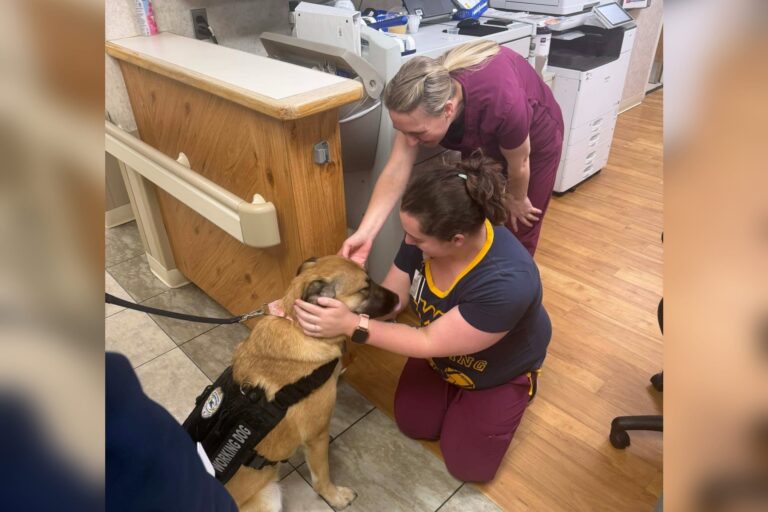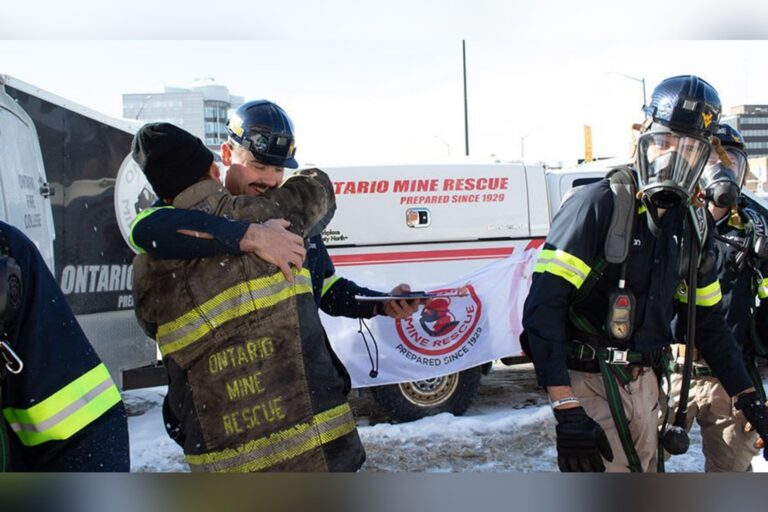Researchers at West Virginia University have studied the overwhelming, detrimental effects of opioid abuse on this state and the nation, and a new wave of the epidemic may be the most daunting yet.
Paul Speaker, a professor of finance and an adjunct associate professor of economics at the WVU John Chambers College of Business and Economics, said the new wave is that of synthetic drugs. Having studied the economic impact of the opioid epidemic, Speaker said the presence — and easy accessibility — of the synthetic drugs fentanyl and carfentanil have had devastating economic effects on West Virginia and other states.
“The cost is unimaginable to emergency personnel and crime labs,” said Speaker, who has worked with crime labs from the West Virginia State Police to the European Union. “Aside from the devastating loss of so many lives, the skyrocketing public costs of this drug include protective gear for health and police officers, increased and advanced analysis equipment for hospital, police and medical examiner labs, and a landslide of cases to be tackled by labs that are already overwhelmed with earlier phases of the opioid epidemic. The costs in terms of public resources are rising sharply, and increasing all the time.”
From budgetary and economic perspectives, Speaker also said there is substantial shift in resources to address the epidemic. That shift causes delays in other investigative areas, meaning that other crimes are not investigated as quickly. In the meantime, he said toxicology and drug chemistry expenses in high-death states are growing seven to 12 percent annually; however, the budgets of those labs are only seeing three percent annual growth.
Speaker pointed to a recent WVU study that found fentanyl deaths were up 122 percent in West Virginia between 2015 and 2017 over the number of deaths between 2005 and 2014. The research was released by the WVU School of Public Health and School of Pharmacy’s West Virginia Center for Drug and Health Information in mid-April.
As with any drug that packs a bigger punch than its predecessors, societal and monetary repercussions are shocking. Speaker has seen what fentanyl can do through his research and analysis, and the picture he paints is one of death and destruction. He has looked at the economic impacts of the opioid crisis, which has been his specialty in working with the National Institute of Justice’s Forensic Technology Center for Excellence and the Allegheny County Office of the Medical Examiner in Pittsburgh. Speaker is also an expert with the Project FORESIGHT forensic science initiative at WVU, and has an international reputation with organizations like Interpol for helping crime labs operate more efficiently.
The Centers for Disease Control and Prevention has said that fentanyl is 50 times stronger than heroin, and carfentanil is far stronger than fentanyl.
Speaker said public resources are taking a big hit with fentanyl and carfentanil, a compound that has a similar chemical structure as fentanyl but is “10,000 times more potent than morphine and 100 times more potent than fentanyl,” according to the U.S. Drug Enforcement Administration. They are transdermal drugs — ones that can be absorbed through the skin — forcing emergency medical staff and police officers to wear protective gear for their eyes, respiratory system and hands, and cover any exposed skin just to enter a room where the drug use is suspected. Emergency personnel, including drug-sniffing dogs, have died just through simple exposure. Additional, special measures must also be taken to clean ambulances and medical care facilities when overdose patients receive care.
“I have looked at a lot of these cases, and one that sticks out in my mind is a case where a young person died of an overdose of fentanyl in his house. The mother of the kid who died was cleaning up his room afterward, and unknowingly came in contact with the drug. And it killed her,” Speaker said.
When it comes to helping West Virginia and other states address the opioid epidemic, Speaker said he is more convinced than ever that states should tackle the problem from a health and wellness angle. He said this perspective is far more affordable than simply handling the crisis through the criminal justice system.
“We’ve provided data that prove health and wellness is more affordable than the criminal justice approach,” Speaker said. “This is information that is vital to policymakers.
“When you look at this crisis from an economic perspective, you realize that the money that is being spent on this epidemic could be spent on education, or programs for seniors or children, or roads and bridges, or other needs by these crime labs,” he said. “We have to find a way to address this problem, and the research we have can help do just that.”
Improving the health of West Virginians and their ability to participate in the job market have been identified as goals for the WV Forward initiative to advance the state’s economic future. WV Forward is a statewide collaboration led by West Virginia University, the state Department of Commerce and Marshall University to help grow the economy by adding jobs, investing in education, and improving health and wellness to create the most prosperous West Virginia possible.












